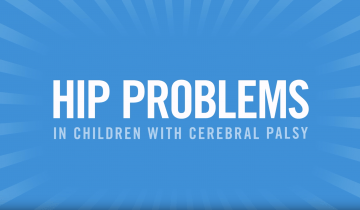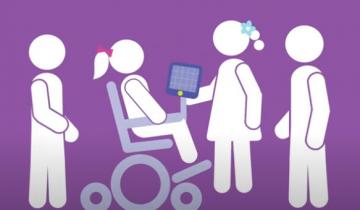Adults with Cerebral Palsy have unique care needs related to physiological changes that occurred with growth and development with Cerebral Palsy, including mental health, yet experience many barriers to proper care.
Our educational series kicked off with a panel of experts from the Weinberg Family CP Center at Columbia University Irving Medical Center in New York City on Thursday, November 5th, 2020 at 6:30pm ET. This virtual event featured a multi-disciplinary panel discussion with Weinberg Family CP Center clinicians and researchers.
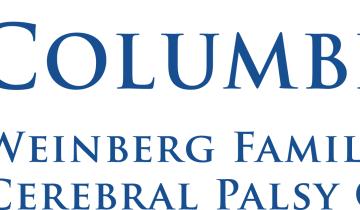
As your child with CP is becoming a teenager, there are a couple of things you may want to think about.
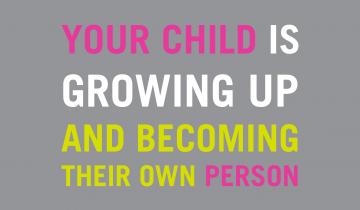
Children with cerebral palsy have more complex self-management and self-care demands than children who are typically developing. They have to learn how to deal with medications and they may have to deal with medical equipment. At some point, they're going to have to learn about medical appointments.
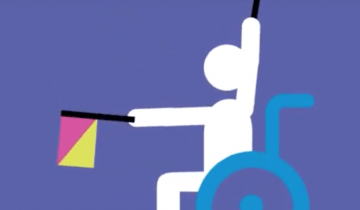
There are a couple of key things to think about in helping children and adolescents make the transition into young adulthood and independence. One of those things is called mastery motivation and we can see mastery motivation early in life. It's the ability to persist in the face of challenge. If you're growing up with a disability, it can be harder to do things. If you are not challenged, if the environment is not set up correctly, or if you don't have the resources, then you start to feel that you can't master certain kinds of tasks.
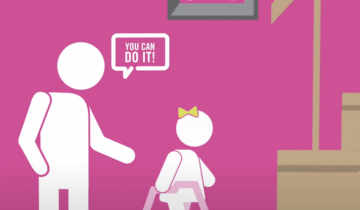
If your child has cerebral palsy, there's a good chance that he or she will have a hip x-ray at some point or they may even require regular hip x-rays. It is important for you to understand the different components of a hip x-ray. Your doctor will be looking at the hip joint itself as well how well the bones are growing.
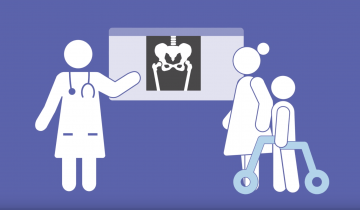
In general, children with cerebral palsy will have stiffness around the hips and they tend to develop atypical hip positioning as a result of their spasticity. They will develop hip flexion contractures, abduction contractures, and they will have difficulty with seating as well as bathing and hygiene.
